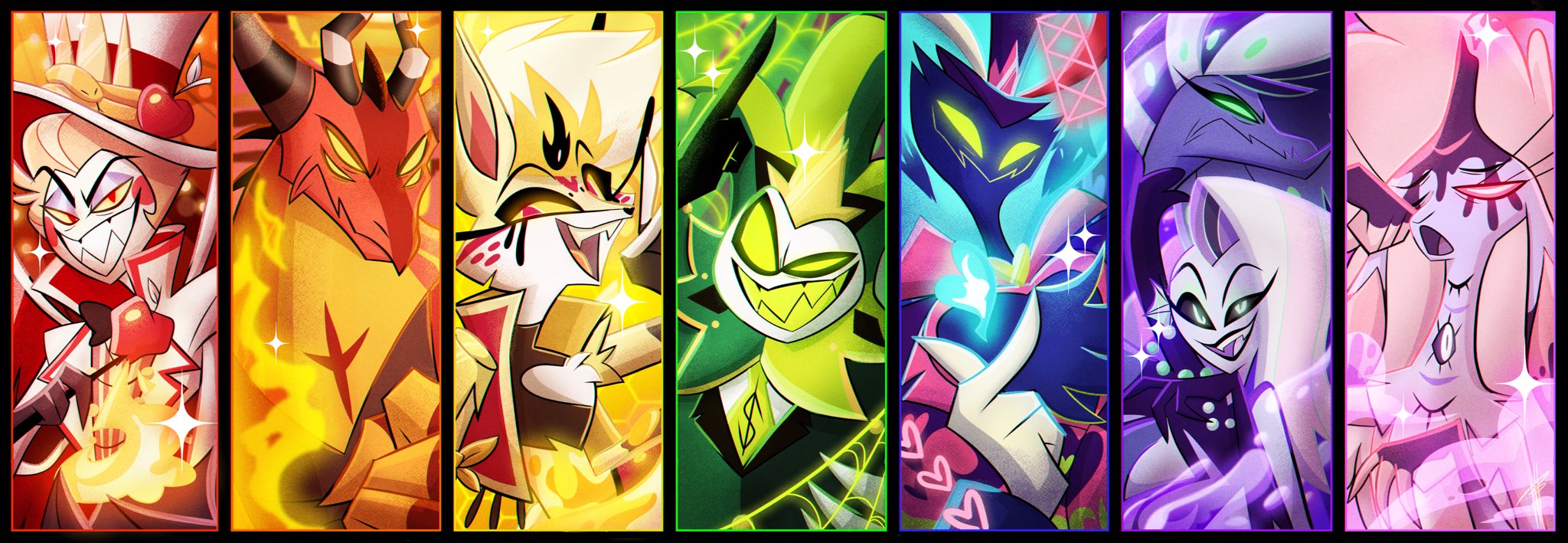Wyrdness said:
Soundwave said:
There are other factors to consider though.
They have to build a userbase for Switch 2/Super Switch/whatever sooner than later.
No two ways around that.
The next 3D Mario, Mario Kart, Smash Bros., Animal Crossing, Splatoon, etc. etc. are likely all ear marked for the Switch successor. You want that system to rip its way to 20 million as fast as possible for multiple reasons. One you want to amass a large userbase as fast as possible to prevent any kind of question marks about being able to succeed the current Switch (which is I guarantee the no.1 thing Nintendo is currently preoccupied with internally, not late-stage Switch stuff, Switch is basically done at this point as far as what Nintendo needs to do for it).
Secondly you want the userbase to be large so that those games have a large install base to sell to.
Scenario 1 (Switch 2 launch in October 2024) by end of 2025:
Switch 1: 144 million install base, Switch 2: 20 million install base
Scenario 2 (Switch 2 launch in September 2025) by end of 2025:
Switch 1: 150 million install base, Switch 2: 7 million install base
Scenario 1 is actually a lot better for Nintendo. The Switch still having positive brand momentum can help the Switch 2, strike while the iron is hot and get those people who would buy a Switch OLED to buy a Switch 2 instead. You'll have them locked in for the next 6+ years to buy Switch 2 software on top of being able to still sell them Switch 1 software. Sony basically did this too, they kinda just took the PS4 option off the table and forced people to essentially buy the PS5.
|
Your argument here doesn't give any real ground to why it should release sooner other than that's what you think they should do, Switch isn't done as far as Nintendo is concerned hence why they're still releasing games on it. Your scenario examples ignore the fact that a platform's run is a marathon not some sprint it'll still get to the 20m mark and beyond because a monopoly is leveraged on the platform they effectively already have a userbase built in the Switch itself this is why they're not rushing, many people here predicted a Pro or successor was going to be out by now due to ignoring this factor and it's the main factor here because it gives them a safety net, Switch maybe a hybrid but they're approaching it more like how they handled their portables which had longer phase out periods due to how dominant they were and this is going to continue with Switch.
Portable markets are more accustomed to platforms having longer runs until the next one arrives I think some of you are still looking at Switch in the same lens as a traditional home console where such views are more suited due to the more competitive ecosystem, Switch operates in both markets yes and offers home console level of gaming but business wise is being handled more in the context of the market it and its platform holder are far more dominant in as when you look at the portable market this falls more in line with its predecessors on that side of the market.
|
You're looking at it through the lens of counting systems, not really from Nintendo's POV.
Nintendo can make Switch games for another 10 years if they want, that doesn't have to impact Switch 2 at all.
Switch 2 IS (or will be) a Switch 1 also, I think that's one distinction people here don't get, you guys are still caught up in hardware as it existed 15-20 years ago rather than what it's become today.
Same way Sony didn't give a crap about pulling the plug on the PS4 even though really they could have sold that system for another 5 years easily.
From Sony's POV Playstation 5 IS a PS4 ... and PS5 together. Because of the way backwards compatibility is digital today and digital libraries just carry forward, they don't view it as a seperate line in the sand, and I think it will be the same for Nintendo.
I think for Nintendo, once they can get mass production of Switch 2 up and have adequate enough software titles ready to release (which seems like it could be next year), then they'll release the Switch 2 then and on that basis mainly. That's the determining factor for releasing it, Switch 1 they've already done all the base line work they're required to do, no one can seriously complain at this point Nintendo hasn't given the Switch enough software or gave it too short of a product cycle. There's just no basis in reality for an argument like that.
There's a fundamental misunderstanding here that if you launch a new piece of hardware and if a person buys that system that it's bad for the older system, because they've bought the new system instead of the older one, but I think if you believe this you have the whole equation ass backwards. It's *better* for Sony and Nintendo when this happens, they are effectively adding someone who can purchase games from the existing ecosystem (Switch 1) but are also locked in now for the next 6-7 years with all the future software they hope to sell. That's nothing but a win for Nintendo or Sony (ie: getting the person who went to the store looking for a Switch OLED or PS4, but walking out spending a bit more to get a Switch 2 or PS5 instead).
The Switch 2 also by necessity needs to basically have all the future high profile software pipeline going forward. The longer you delay it, the longer you push franchises like 3D Mario, Mario Kart, Smash, Animal Crossing, Splatoon, etc. etc. etc. likely getting their next franchise installments. The sooner it comes, the sooner it can get some of those games out and build a userbase suitable enough for other games on that list (Smash, Animal Crossing, you probably want the userbase to be north of 20-30 million before these next installments ship).
Last edited by Soundwave - on 10 July 2023







































 Art by Hunter B
Art by Hunter B















